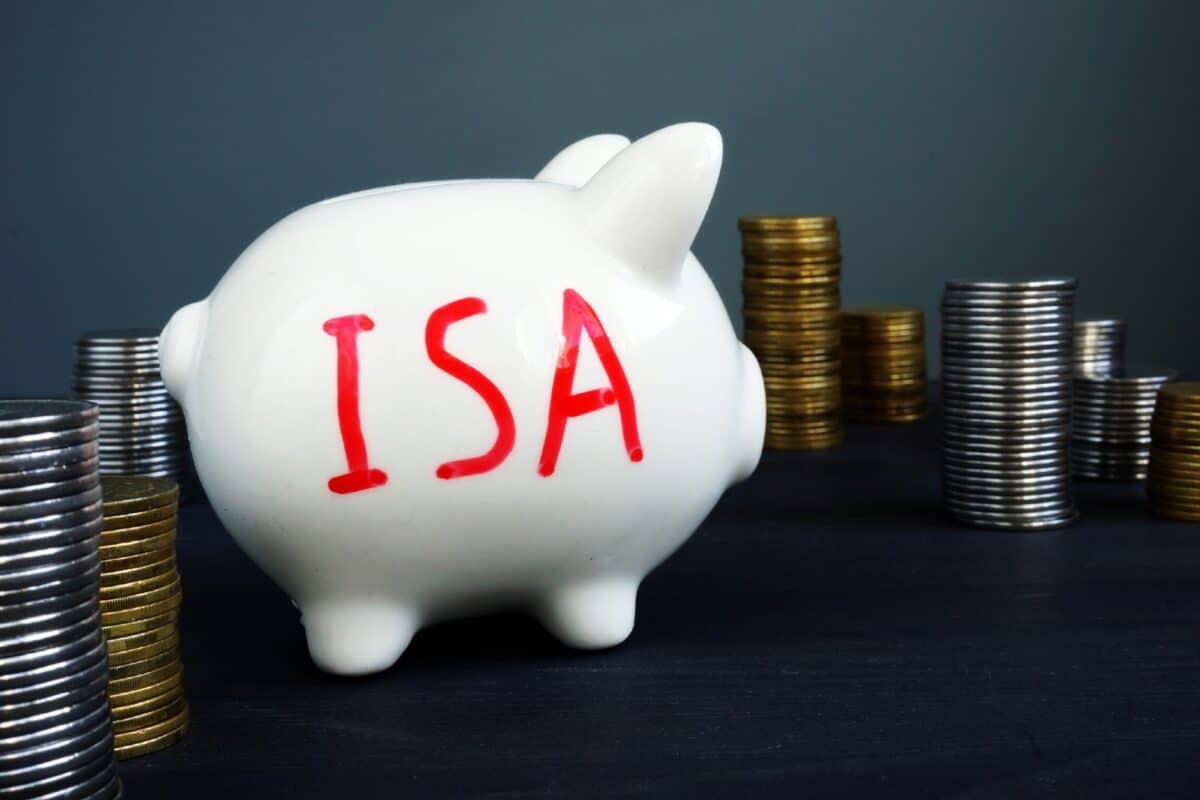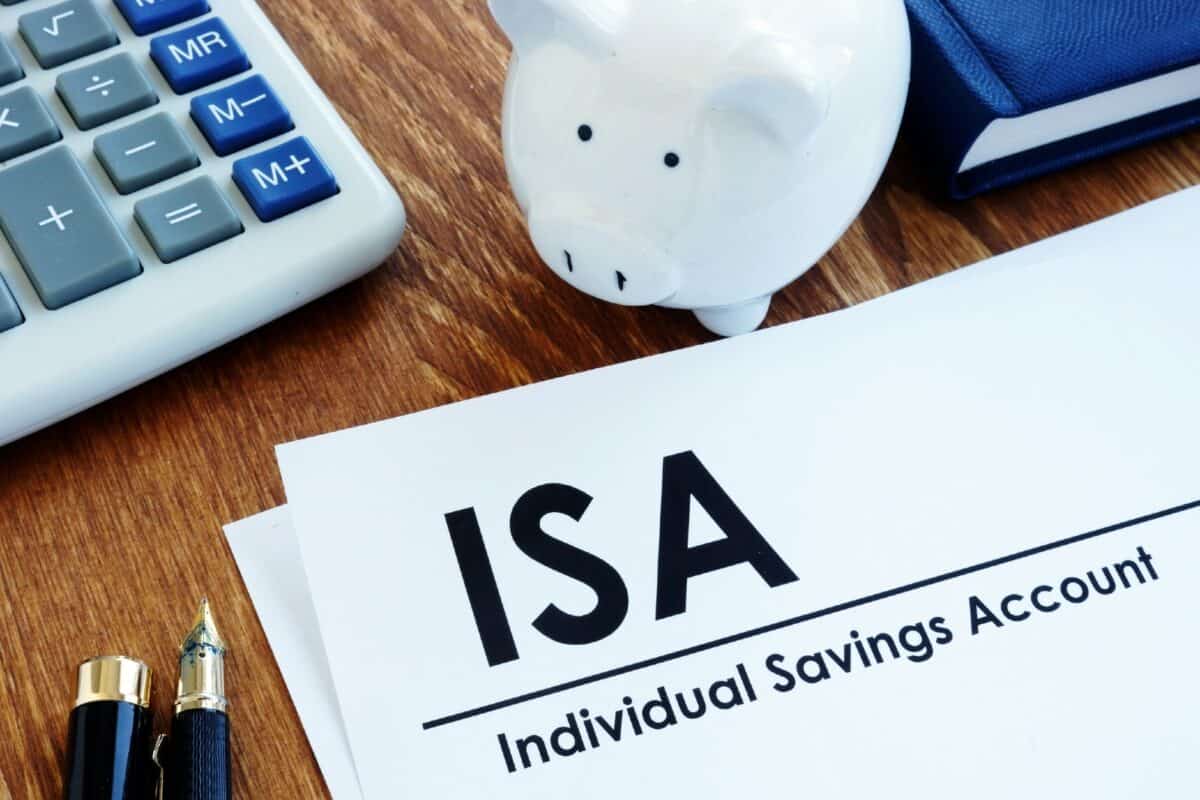Warren Buffett on Saturday said US financial markets had become “almost totally a casino” as millions of new traders flooded into the financial system during the pandemic.
The billionaire and chief executive of Berkshire Hathaway, speaking in Omaha to thousands of shareholders gathered for the company’s annual meeting, added that “extraordinary” activity had been “encouraged by Wall Street because the money is in turning over stocks”.
The comments follow a dramatic shift in how people across the globe are interacting with their finances. Americans have opened millions of brokerage accounts since the start of the pandemic, with many turning to options markets to bet on the quick rise or fall in companies such as Apple and Tesla.
Buffett and his consigliere, Berkshire vice-chair Charlie Munger, credited the rapid pace of trading and the fact that many holders of some stocks were not long-term investors for the company’s ability to make their own large bets this year.
In the first quarter, the company spent $51.1bn buying shares of companies, including large bets on oil majors Chevron and Occidental Petroleum. Buffett said it was “incredible” that Berkshire had been able to buy more than 14 per cent of Occidental in a matter of weeks.
“But overwhelmingly large companies in America, they became poker chips and people were buying and selling like three-day calls, two-day calls,” he said, referring to derivatives that became the choice instrument for many new day traders in the market. “Wall Street makes money one way or another, catching the crumbs that fall off the table of capitalism.”
There are signs that much of the enthusiasm that pumped US stocks to records last year has evaporated. Trading in penny stocks has collapsed and the amount of borrowing investors are doing to trade has fallen, according to the US broker-dealer watchdog Finra.
Munger took aim specifically at Robinhood, the online brokerage that ushered many Americans to financial markets but whose valuation has tumbled from nearly $60bn last August to $8.5bn last week as trading activity has slowed.
“Short term gambling and big commissions . . . it was disgusting,” he said. “Now it’s unravelling. God is getting just.”
Saturday is the first time since 2019 that Berkshire shareholders have had the chance to hear directly from the billionaire investor and the company’s top management in person.
There were questions leading up to the annual meeting, often referred to as Woodstock for Capitalists, about whether the pandemic would affect attendance levels. Managers at several Berkshire subsidiaries said that turnout at the convention centre in Omaha on Friday, a day when shareholders can buy Fruit of the Loom underwear or get discount home goods at The Pampered Chef, had been lower than in recent memory.
But when Buffett opened the meeting, with his usual one-word line, “OK,” a packed audience at the CHI Health Center took to their feet.
Investors have several more hours to wait before they will hear the outcome of the day’s actual business — whether shareholders have succeeded in advancing proposals that would require Berkshire to disclose the environmental impact of its dozens of subsidiaries or if they will split the chairman and chief executive title. Analysts expect the proposals will fail given Buffett’s ownership of high-class voting stock.
The company reported earlier on Saturday that its operating earnings were little changed from the previous year, with strength from its BNSF railroad and manufacturing units offsetting a sharp drop in profitability from its insurance business.
Overall, net income more than halved from the year before to $5.5bn. The drop was primarily due to changes in value of its investments, which Buffett laments as a “generally meaningless” metric given its stock portfolio has eclipsed $390bn in value.
Buffett was questioned over the spurt of recent stock buying after bemoaning the lack of appealing investments in his annual letter to investors in February. He said that during the market sell-off this year, a “few stocks got very interesting to us and we also spent a lot of money”.
But he added that the mood in the company’s headquarters had become more “lethargic”, particularly compared to the pace recorded between mid-February and mid-March when it spent more than $40bn on stocks.
Berkshire drew down a sizeable portion of its cash pile to execute those trades, with the value of its holdings of cash and Treasury bills falling to $106bn, its lowest level since 2018.
Buffett said that the company would always keep a sizeable amount of cash on hand, given its insurance operations need to be ready for large claims in the event of a catastrophe. He added that he wanted Berkshire Hathaway to be “in a position to operate if the economy stops and that can always happen”.
“We had plenty of money on March 20,” he said, referring to the days when the S&P 500 hit its lowest levels of the pandemic. “But we were not very, very far away from having something be a repeat of 2008 or even worse.”
Credit: Source link














